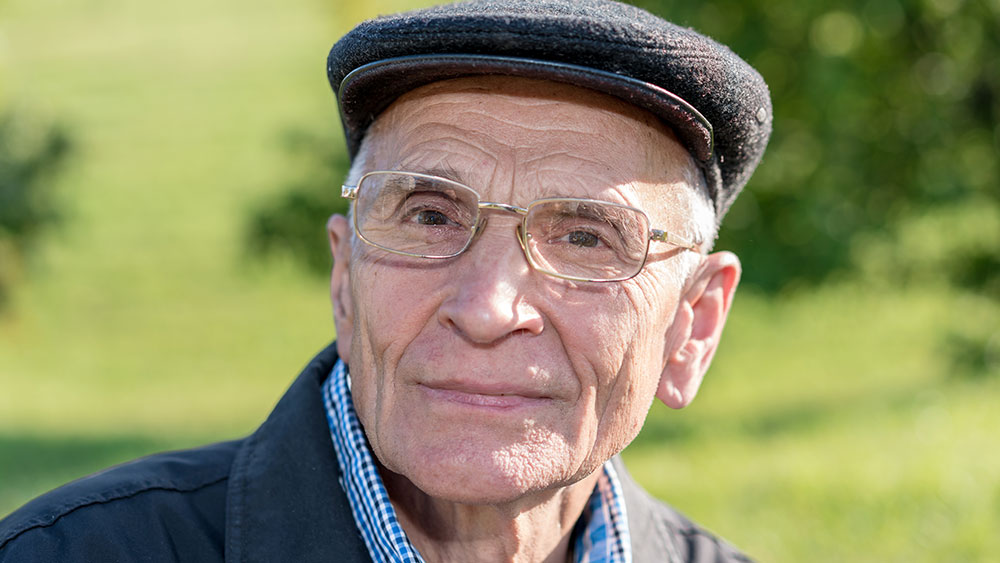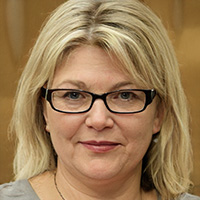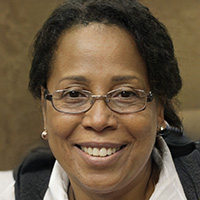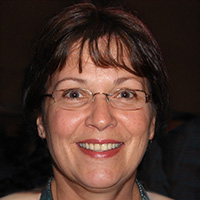Table of contents
What is pneumonia. What are pneumonia symptoms in senior citizens. Pneumonia occurs most often in children under 5 years of age, in people over 65 years of age and in chronically ill people. That is why here at Nomenial, we want to describe the symptoms, the causes, as well as the prevention and treatment of pneumonia to try to act quickly, since it is one of the most harmful diseases and it is more present in the older population.
What is pneumonia?
Pneumonia is a respiratory pathology that directly affects one or both lungs at the same time. It is also known as respiratory tract infection because it occurs in the deep part of the lungs. This pathology is characterized by the multiplication of microorganisms inside the alveoli (the air sacs of the lungs), and causes an infection inside the lungs and even in respiratory conditions. When the body tries to react to this infection, the alveoli become inflamed and fill with fluid, causing difficult and painful breathing.
Causes of Pneumonia senior citizens
The causes of pneumonia in senior citizens can vary greatly, as there are many microorganisms such as: viruses, bacteria, germs and even fungi that cause a lung infection. Among all of them, bacterial pneumonia is the most frequent among the older population over 65 years old.
Normally, pneumonia appears after a severe case of flu, and most pneumonias usually have a good prognosis with proper treatment. However, one should not forget that there may be possible complications that depend on the general condition of the sick person in question.
Symptoms of Pneumonia
Pneumonia is characterized by very specific symptoms but not all patients suffer from the same. The most common symptoms of pneumonia are the following:
First symptoms of pneumonia in senior citizens:
Extreme cough (dry, with mucus or even blood and pus), the main symptom of this pathology.
Fever.
Chills.
Fatigue, physical tiredness when carrying out our daily tasks.
Difficulty to breathe, the presence of the liquids in the alveoli causes a constant difficulty to breathe.
Chest pain.
Pneumonia: serious symptoms in senior citizens
If the pneumonia progresses, other more serious symptoms may be experienced, apart from the above, such as:
Headaches.
Muscle and joint pains.
Gastrointestinal alterations.
General discomfort.
Respiratory insufficiency.
Disorientation and alterations of consciousness.
Accumulation of pus and fluid in the lung.
In the case of people over 65 years, the symptoms may not manifest and thus it may not be immediately obvious that the patient is suffering from pneumonia
Pneumonia without fever: symptoms
A clear example would be having a pneumonia without a fever or a pneumonia without a cough. This is a case that typically occurs in older people so it is very important to stop at other types of symptoms described above and not the fever.
It should be added that the symptoms of pneumonia in senior citizens depend greatly on the health status of the person.
Diagnosis of pneumonia
In order to diagnose pneumonia, a specific test is required, in this case, a chest X-ray. Using this X-ray one will be able to observe where the pneumonia is located and what its extension is, the pneumonia of the patient in question.
Additionally, it is possible to carry out other tests such as: blood test, sputum sample, urine sample, bronchoscopy and perform a drainage of pleural fluid.
Types of Pneumonia
To better understand the different types of pneumonia, it is necessary to have a clear understanding of the difference between typical and atypical pneumonia.
On the one hand, we find typical pneumonia, which is that which manifests itself in a matter of hours or a few days. The symptoms of this pneumonia are:
Fever (greater than 38.5º) with chills.
Cough with sputum, sometimes with blood.
Chest pain.
On the other hand, we found the atypical pneumonia, which is one where the symptoms appear more gradually and not so suddenly, as happens with typical pneumonia. These symptoms of atypical pneumonia are
Tenths of a fever.
General malaise.
Headache and tiredness.
Dry cough without sputum.
Chest pain, but with less intensity.
That said, there are two types of pneumonia:
The first is community-acquired pneumonia, which is the one that manifests itself in a person who usually has a less severe pneumonia.
The second is pneumonia that can be acquired in the hospital. This pneumonia appears in a patient when a complication occurs in a surgical intervention.
Treatment for Pneumonia
The treatment is different for each type of patient because it is necessary to take into account: what type of pneumonia they have, the severity in which they are, their age and, most importantly, what state of health they are in. In many cases, if it is a person over 65 years of age, hospitalization is necessary to avoid possible complications and to offer the most appropriate treatment.
Usually the most important treatment is the use of antibiotics, in case of a bacterial pneumonia, and the use of analgesics to try to calm the general malaise caused by the fever. And finally, medications for cough and thus alleviate one of the main discomforts caused by pneumonia.
Nursing care for patients with pneumonia
Leaving the hospital, and coming home, after suffering from pneumonia does not mean that the symptoms have completely disappeared. Patients will have these symptoms:
Within 7-14 days, the cough will subside.
The patient will suffer insomnia and have a lack of appetite that will extend to a week.
From the second week or more, the energy level will be recovered.
That is why we have to perform certain care that duties that a doctor cannot do. That’s why if we are caring for senior citizens, we have to see that the symptoms are decreasing and that our patient is recovering. This care is:
The patient has to breathe deeply 2 or 3 times every hour, to open the airway. To be able to perform this exercise, it is necessary for the patient to be at rest.
Breathe warm and humid air to loosen the mucus.
When the patient is lying down, give some small and soft pats on the chest, to help him to take out the flies that he has accumulated.
The patient has to ingest a lot of liquid, either water, juice or tea, at least 1.5 to 2.5 liters.
The patient is prohibited from smoking and consuming alcohol or other drugs.
Follow the instructions given by the doctor.
Frequently asked questions about pneumonia in the senior citizens
There are many questions that we ask ourselves when we are in charge of a senior citizen. And, from Nomenial, we are aware that any precaution taken, regarding senior citizens is little. For this reason, we have decided to group these three questions regarding pneumonia in senior citizens.
Is pneumonia contagious?
Generally speaking, pneumonia is not contagious, but the viruses and bacteria that cause it are. These microorganisms are present in the droplets that come out of the nose and mouth. That is why we must be extremely careful, because you can infect another person just by sneezing or coughing near them.
For this reason, a patient affected by pneumonia should avoid it:
Sharing glasses and cutlery.
Throw away any tissues you use.
Stay away from people at risk, children under 5 years old and adults over 65 years old. If it cannot be avoided, use a mask.
Is pneumonia dangerous in senior citizens?
Pneumonia is more dangerous for people over 65 years old, as we said before. In addition to this, these points must be taken into account:
Chronic diseases such as: diabetes, heart disease, cancer, chronic lung disease (asthma, bronchitis…), HIV virus, kidney disease or liver disease.
Use of tobacco, alcohol and other drugs.
Malnutrition or obesity.
Lack of oral and dental hygiene.
Influenza.
Chickenpox.
Dementia.
Low level of immunity.
These points can become risk factors for an senior citizens with pneumonia, as it alters their defense mechanism, so try to take it into account.
How to prevent pneumonia in senior citizens?
The main points to take into account would be:
Vaccinate yourself against the flu and pneumococcus.
Exercise regularly.
Do not smoke or consume alcohol.
Maintain a healthy diet.
Extreme hygiene measures in the hands, and if it is a risk case use a mask.
Keep the home clean and free of toxins.
